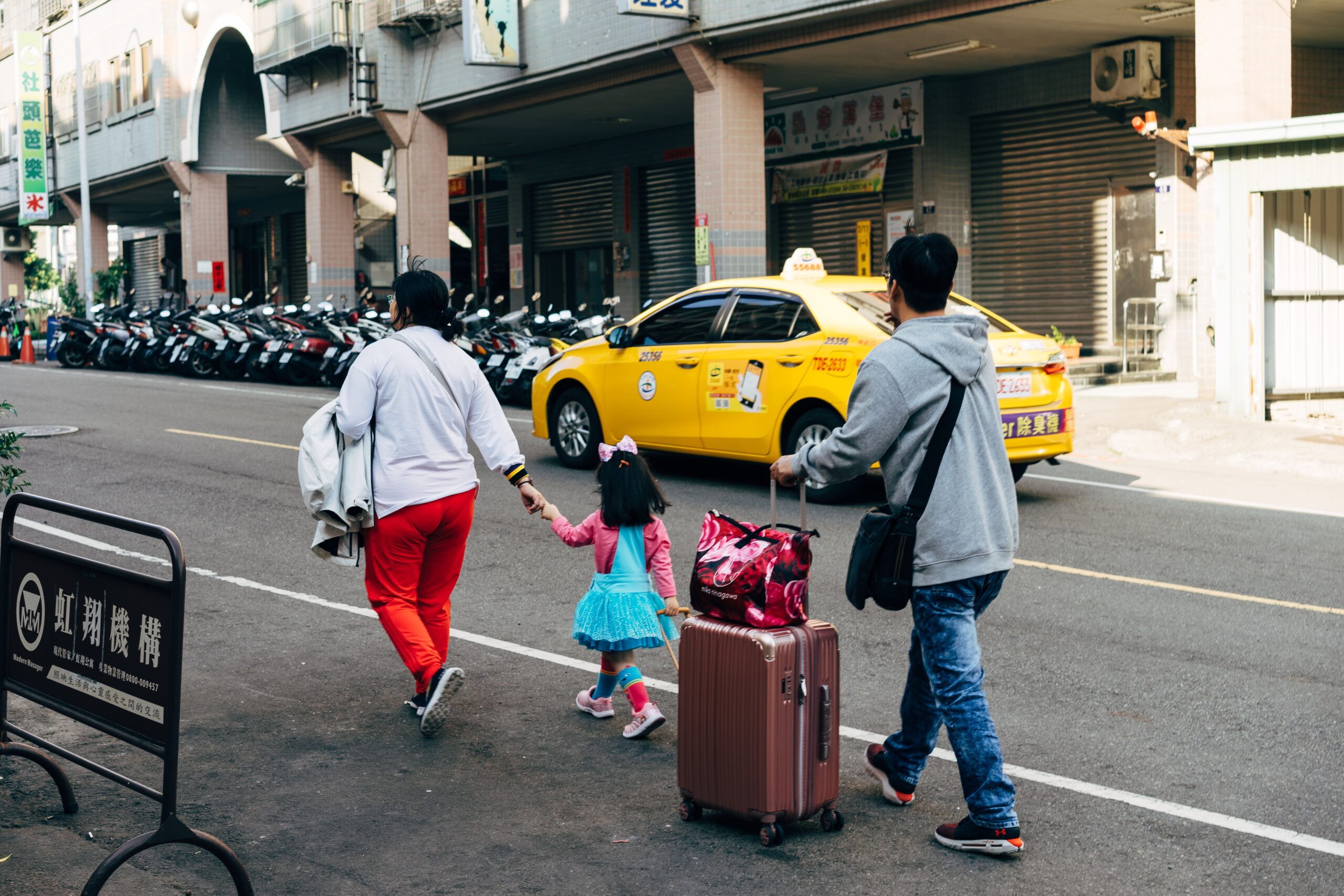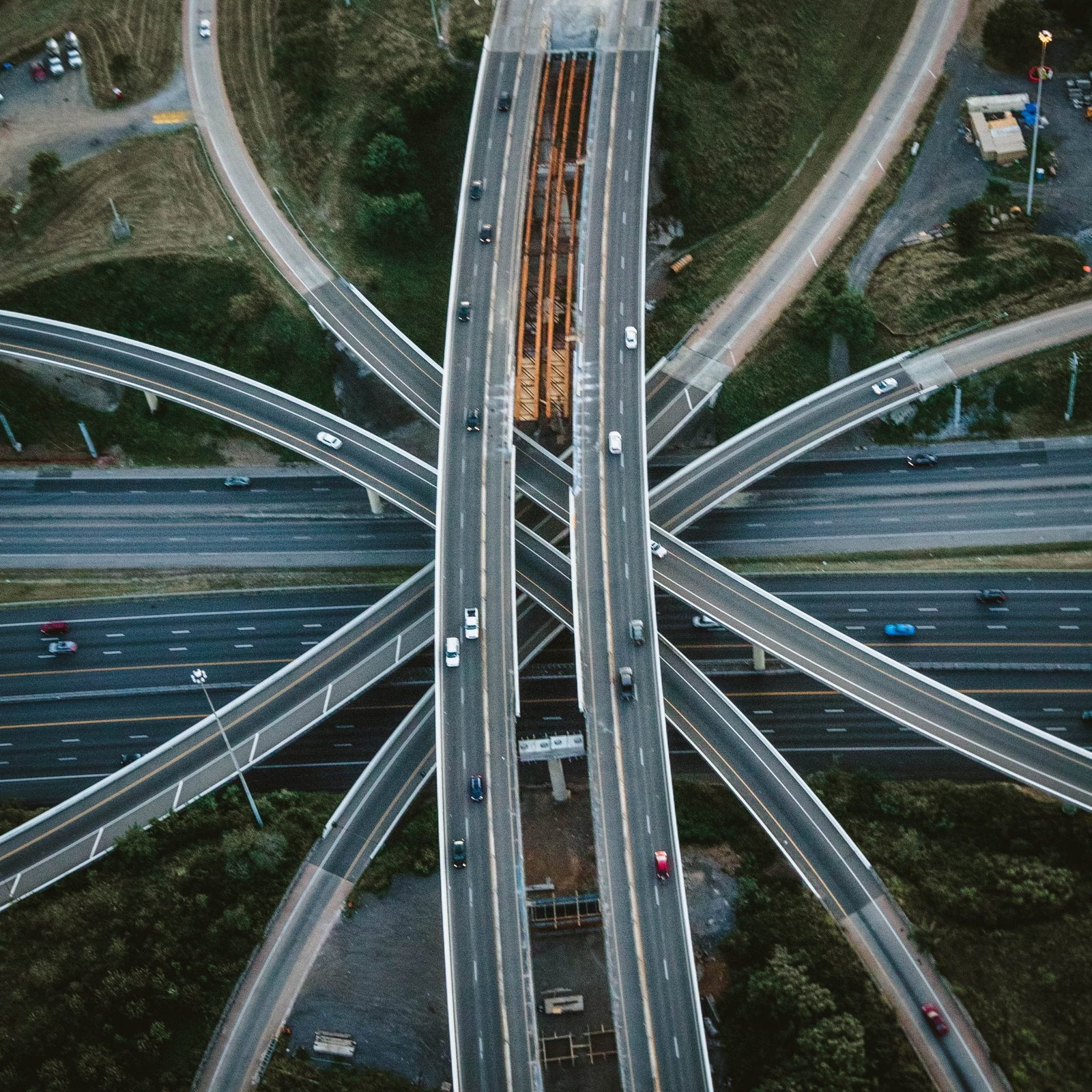When you’re planning a trip, naturally you want to ensure that you have the most amazing time away.
After all, you’re most likely spending a lot on your trip, so you want to ensure that you have a great time while you’re away.

That’s where effective planning comes in – if you take the time to plan properly, you can increase your chances of having a more enjoyable time away, regardless of what may happen while you travel. Of course, while you can plan your holiday schedule out to a T, what you can’t do is a plan for every single thing that could happen. Hopefully, your trip will be uneventful, but the fact is that sometimes that just isn’t the case, sometimes things can go wrong while you’re away.
Admittedly, you might not want to think about this but, by taking the time to think about what could happen, you can prepare yourself and ensure that you’re equipped to deal with whatever your trip throws at you.
To help make preparing for the different eventualities a little easier, below is a guide to some of the ways that you can prepare for almost every eventuality before you travel.
Take photos or photocopies of key documents
A great step to take to prepare for your trip – and anything that might happen while you’re away – is to snap a photo of your key documents or photocopy them. That way, should you lose them or they get lost while you’re away, you have proof of the documents that you had with you, such as your passport and visa, for instance.
Admittedly, if your documents do get lost or stolen, the process of sorting out replacements can be a little tricky, especially if you don’t have proof of having had them. So, by taking copies of those important documents with you, as well as keeping a digital copy on your phone, you can ensure that the process is as simple as possible.
There are plenty of apps that you can use to store these copies of your key documents securely in, so it might be worth looking into password-protected apps that will allow you to store any copies of your key documents. There are lots to choose from, so take the time to read up, do your research, and find an app that works best for you. Just make sure that whatever app you choose is reliable and doesn’t require internet access to work effectively, just in case you’re somewhere without internet and need to access your documents.

Make a list of important local numbers
It’s also a good idea to take the time before your trip to do some research on all of the key numbers that you might need while you’re away. You can find lots of these important numbers online or on Facebook travel groups for the area in which you’re visiting, so it’s worth looking online for these groups to see what resources are available for the location that you’re heading off to.
For instance, you might want to take the time to look up all of the key numbers that could be useful where you’re heading, such as numbers for local health practices, local banks, or local bail bonds (just in case you get yourself in trouble while you’re away).
You also might want to map out routes for key locations while you’re away, so that should you need to get somewhere quickly, you know how to get there and don’t need to mess around attempting to map out the route. Take the time to print out routes for key locations, such as medical facilities, for instances, or police stations, and print these maps out and place them in your travel folder with all of your other key documents. You could also keep a copy of these maps on a travel app on your phone for easy access on the go.
Being prepared for anything that could happen is important, which is why it’s a good idea to take the time to do your research and note down any key local numbers for the area in which you’re staying. In, that way, whatever happens, you should have the number that you need to deal with the situation, from medical problems to legal problems, and everything in between.
Ensure you have adequate insurance in place
You obviously don’t want to think about negative things happening while you’re away, but the fact is that sometimes bad things do happen while you’re off exploring, which is why preparing for them is so important. That’s where having adequate insurance comes in handy, to ensure that whatever happens you’re covered and know what to do.
It’s vital that when you’re away that you have insurance for everything that you could possibly need it for, meaning that whatever happens, you don’t need to panic about it as you have insurance coverage that will cover you and any problem that occurs. One of the main types of insurance that it’s important to take out is travel health insurance so that if you become unwell while you’re away, you have access to good quality medical care and can get the help and any treatment that you may need.
As well as taking out general travel insurance that covers anything from a lost passport to having your wallet stolen. This type of insurance is important as it means that whatever happens while you’re away, you are covered for, and you won’t be financially impacted as a result.
When it comes to insurance, take the time to shop around to see what deals are available to you with the different insurance types. You might find that you can get insurance for everything during your trip from one insurer, which will make the process a whole lot easier as whatever happens you will only need to contact one insurance company. This means that you only need to take the details for one policy with you on your trip and carry one lot of documents with you, which is a lot easier than carrying everything for multiple policies.
Create an itinerary and share it with a friend
It’s good safety practice to create an itinerary for any trip that you’re taking that details where you are going to be and when. You can then give this itinerary to a friend, along with a list of all the locations you will be at and when, and the contact numbers for the places that you will be staying.
You might not want to have to plan out your time but this is important, even if you’re not traveling alone because it’s a key way for the people who care about you to make sure that you’re safe while you travel, as well as being able to easily contact you should they need to with news from home. Just imagine that there’s an emergency at home, and for one reason or another you can’t be contacted via your phone, having access to the numbers where you are staying can be extremely useful for getting hold of you and updating you on whatever is going on.

You can also use tools like live location tracking to share your location with a friend or family member so that they know where you are while you travel. Whatsapp is great for this, but there are also lots of other handy apps that make tracking your location simple and easy and most of them don’t even require internet access to work effectively. Not sure what apps to use? There are lots of helpful reviews and suggestions online that should help you to make an informed decision.
Keep access to funds open
You will probably withdraw your spending money before you head off, but don’t simply take that and think that’s all you will need. Instead, make sure that you have access to a bank account for the duration of your trip so that you can access additional money as and when you need it. You might need to call your bank before you go to let them know that you will be traveling abroad and will want to access your funds while you’re there. Otherwise, you may find that you have issues getting access to your money while you’re abroad, due to security processes that many banks have in place with international payments being made.
Just in case you have issues accessing your bank account while you’re away, it might be worth taking a pre-paid international credit card on your trip with you, so that you know you have access to emergency funds should you need them. This is important as it will help to make any emergency situation where you need extra funds, a whole lot less stressful to manage.
There you have it, a guide to how you can prepare for every eventuality (or almost every eventuality) while getting ready for your next trip abroad. Hopefully, the guide above has given you a better insight into how to prepare to make anything that goes wrong easier and less stressful to manage.






